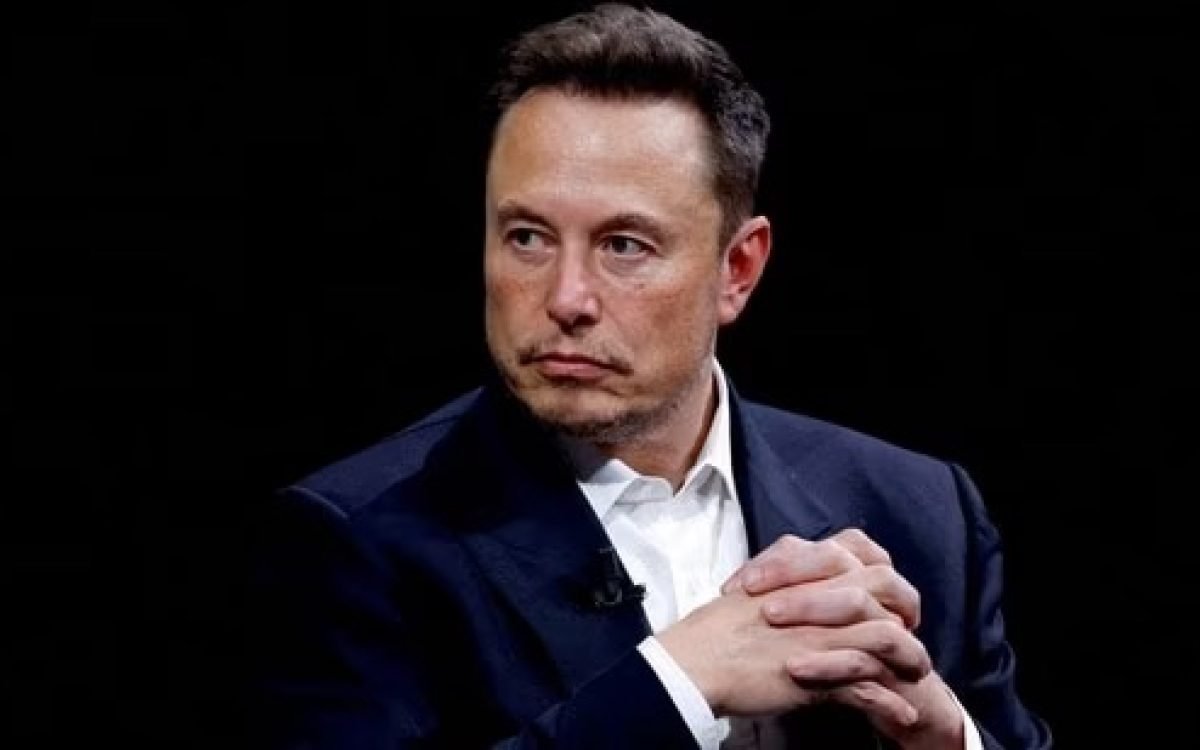In the recent upheaval within the artificial intelligence (AI) landscape, the rift between Elon Musk and OpenAI has sent shockwaves through the tech community. What began as a visionary alliance aimed at advancing AI for the betterment of humanity has devolved into a legal battle laden with accusations of betrayal and opportunism.
Elon Musk, once the largest donor to OpenAI during its non-profit phase, has now turned litigator, filing a lawsuit against the organization and its CEO, Sam Altman. Musk’s claims of betrayal revolve around OpenAI’s alleged pivot from its original mission of open-source, non-profit AI development to a profit-driven enterprise.
At the heart of Musk’s grievance lies a perceived departure from the noble aspirations that initially drew him to support OpenAI. He contends that Altman and co-founder Greg Brockman initially courted him with promises of a collaborative, altruistic endeavor, only to steer the company toward commercial interests.
Enter Vinod Khosla, the pioneering venture capitalist who, in a strategic move, became OpenAI’s first investor as it transitioned into a private entity in 2019. Khosla’s scathing critique of Musk’s lawsuit characterizes it as a manifestation of “sour grapes” stemming from Musk’s failure to fully engage with the AI landscape in its nascent stages.
Khosla’s assertion reflects a sentiment shared by many observers: Elon Musk’s absence from the forefront of AI development in recent years has relegated him to the role of an outsider looking in. While Musk’s endeavors in space exploration and electric vehicles have captured headlines, his involvement in the AI realm has waned, leaving room for others to assume leadership roles.
Musk’s retort to Khosla’s criticism underscores the contentious nature of the dispute, with both sides digging in their heels as the legal battle unfolds. The once-unified vision of harnessing AI for the betterment of humanity now stands at a crossroads, fraught with tension and uncertainty.
As the saga between Elon Musk and OpenAI continues to unfold, the broader implications for the future of AI remain uncertain. Will collaborative efforts prevail, fostering innovation and progress? Or will adversarial conflicts stifle growth and cooperation, relegating AI to the realm of corporate interests and legal disputes?
Only time will tell how this clash of titans ultimately reshapes the landscape of artificial intelligence. In the interim, stakeholders across the tech community watch with bated breath, cognizant of the stakes at hand and the potential ramifications for generations to come.









